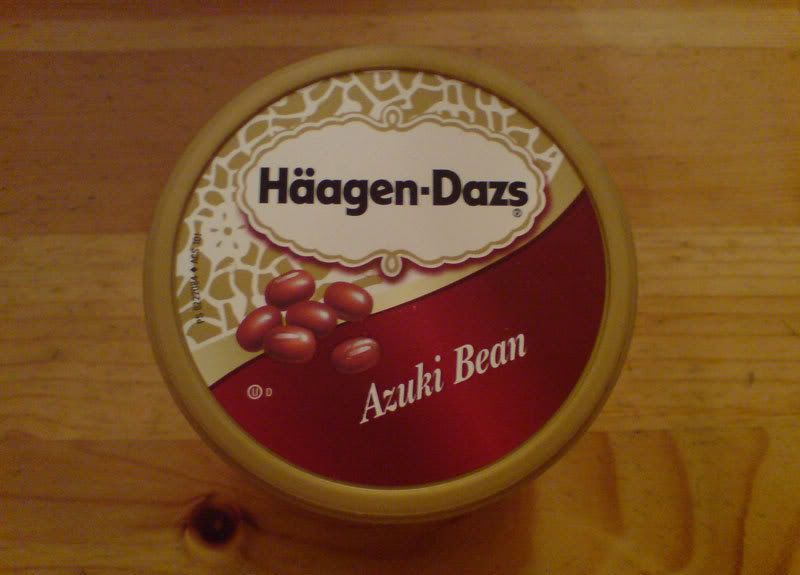
There have been reports that thousands of people in the Cantonese-speaking southern Chinese city of Guangzhou staged a peaceful protest when the government announced it would switch most local television programming to Mandarin, the official national language of China.
Beijing has promoted Mandarin for decades to unite a nation with thousands of dialects and numerous minority languages.
Cantonese is still widely spoken in the booming southern province of Guangdong, thanks in part to the spillover influence of Hong Kong's wildly successful and racy vernacular pop culture, but some people fear for its future.
Chinese newspapers and Internet sites have reported on companies where employees are fined for speaking Cantonese at work, prompting anger.
"I support Cantonese. If we don't speak it, we are shaming our ancestors," wrote "Bright Star" on the popular Chinese internet portal Sina.com.
I have to say, even as a rubbish Canto speaker living in England, I feel quite proud that people are willing to stand up for our language like this.
Language preservation is a contentious issue; The Communist party and its supporters see language adoption as an important tool in promoting homogeneity and unity in China. But for those whose native dialect is not Mandarin, language is a vital part of their identity and heritage.
How can China protect and - dare I say - promote local diversity in language without conflicting with its goal of homogeneity? Is that even possible?
Source: Reuters via SkyscraperCity
Related: The Changing Sound of Chinatown









